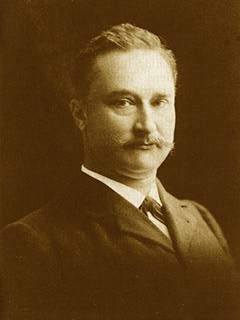A Quote by Eugene Dubois
Thus the evidence given by those five new thigh bones of the morphological and functional distinctness of Pithecanthropus erectus furnishes proof, at the same time, of its close affinity with the gibbon group of anthropoid apes.
Related Quotes
To eliminate the discrepancy between men's plans and the results achieved, a new approach is necessary. Morphological thinking suggests that this new approach cannot be realized through increased teaching of specialized knowledge. This morphological analysis suggests that the essential fact has been overlooked that every human is potentially a genius. Education and dissemination of knowledge must assume a form which allows each student to absorb whatever develops his own genius, lest he become frustrated. The same outlook applies to the genius of the peoples as a whole.
In any fairly large and talkative community such as a university there is always the danger that those who think alike should gravitate together where they will henceforth encounter opposition only in the emasculated form of rumour that the outsiders say thus and thus. The absent are easily refuted, complacent dogmatism thrives, and differences of opinion are embittered by the group hostility. Each group hears not the best, but the worst, that the other group can say.
One farmer says to me, "You cannot live on vegetable food solely, for it furnishes nothing to make the bones with;" and so he religiously devotes a part of his day to supplying himself with the raw material of bones; walking all the while he talks behind his oxen, which, with vegetable-made bones, jerk him and his lumbering plow along in spite of every obstacle.
We think of the number "five" as applying to appropriate groups of any entities whatsoever - to five fishes, five children, five apples, five days... We are merely thinking of those relationships between those two groups which are entirely independent of the individual essences of any of the members of either group. This is a very remarkable feat of abstraction; and it must have taken ages for the human race to rise to it
When examining evidence relevant to a given belief, people are inclined to see what they expect to see, and conclude what they expect to conclude. Information that is consistent with our pre-existing beliefs is often accepted at face value, whereas evidence that contradicts them is critically scrutinized and discounted. Our beliefs may thus be less responsive than they should to the implications of new information
We can no longer communicate with the apes by direct language, nor can we understand, without special study, their modes of communication which we have long since replaced by more elaborate forms. But it is at least presumable that they could still detect in our speech, at least when it is public and elaborate, the underlying tone values with which it began. Thus if we could take a gibbon ape to a college public lecture, he would not understand it, but he would "get a good deal of it." This is all the students get anyway.

































